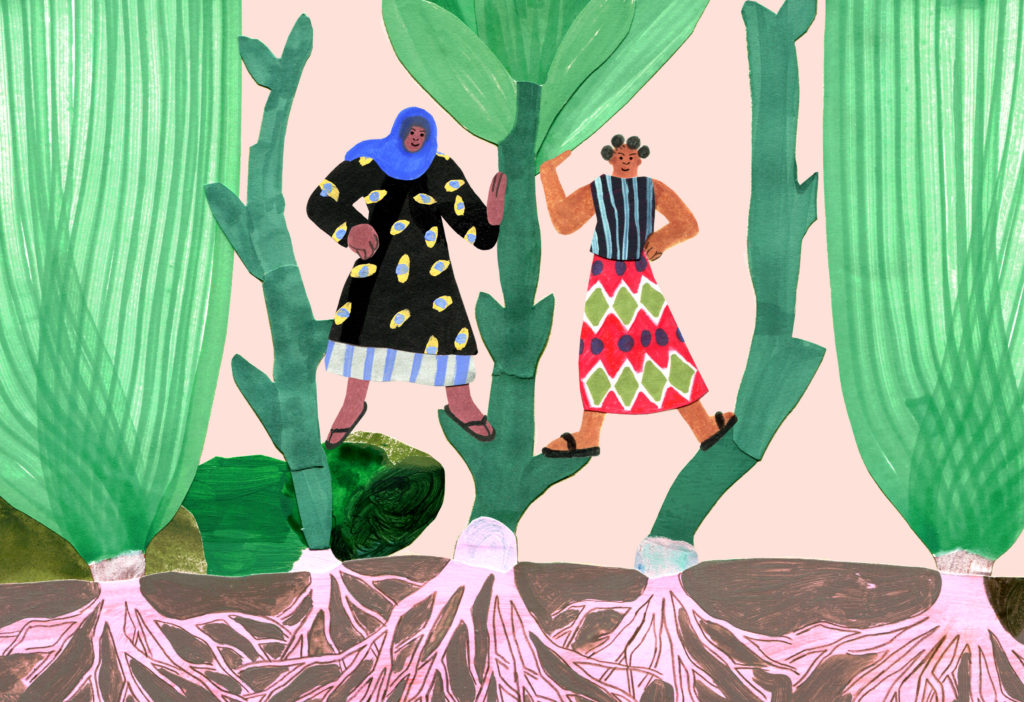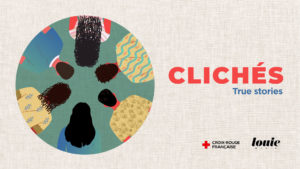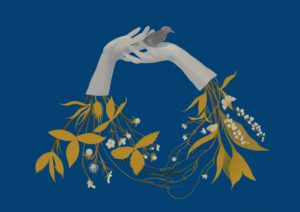
Laura Kientzler
Description
The FAO Dimitra Clubs, or Community Action Clubs, are informal groups of women and men, young and old, who decide to join together on a voluntary basis to discuss and seek solutions to their community’s problems, and to resolve them through collective action, using only local resources. With this community engagement approach contributing to gender equality and inclusiveness, members of rural communities become real agents of change.
Context
To strengthen community involvement, the FAO has been using Clubs Dimitra, a community-driven and transformative approach to gender issues, for over 15 years. The approach contributes to achieving the FAO’s strategic objectives, particularly those relating to poverty reduction and gender equality. This includes supporting the empowerment of rural populations in agri-food systems, strengthening the leadership of women and youth, and the participation of rural community members in decision-making and local governance, regardless of variables such as gender, age or ethnicity.
The clubs are based on basic principles such as participation, communication and dialogue, collective action and equality.
In 2024, it is calculated that more than 10,000 Dimitra Clubs have been created in 13 African countries, with around 300,000 members (60% of whom are women and at least 30% young people of both sexes). It is estimated that the clubs’ actions indirectly benefit more than 8 million people in rural areas in the following countries: Burkina Faso, Burundi, Ghana, Kenya, Madagascar, Malawi, Mali, Mauritania, Niger, Senegal, Uganda, Democratic Republic of Congo, Central African Republic, and soon in Benin, Tanzania and Zambia. The approach has also been successfully piloted in Syria, Haiti, Ecuador and Cambodia.
The Clubs Dimitra component has been an integral part of 90 FAO projects and joint programmes since 2018, and has enabled them to achieve results in various areas, including nutrition, the adoption of climate-resilient adaptation practices, gender equality and the empowerment of rural communities, as well as inter- and intra-ethnic dialogue, social cohesion and peacebuilding (projects financed by the Peacebuilding Fund in Niger, Mali, Mauritania and the DRC). Many other projects are concerned with resilience, including climate change.
Finally, clubs are used for their ability to encourage changes in behaviour, attitudes and norms. The approach facilitates a questioning of discriminatory social norms based on gender and behaviour, and enables communities to tackle several forms of gender-based violence, such as domestic violence and early marriage.
Technical details & Operations
The entry point for the Dimitra Clubs approach is the rural community or village. Dimitra Clubs are engines of action that enable communities to influence their environment by improving communication, dialogue, governance, participation, commitment and collective mobilisation. Apart from a solar-powered hand-cranked radio, sometimes coupled with a mobile phone, they receive no other financial or material incentives.
The approach is implemented according to the context by local partners (civil society organisations, farmers’ organisations or public administrations, for example), following a call for proposals issued by an FAO project. Other players are also involved in the process, such as traditional, religious and administrative authorities, government departments, community radio stations, etc.
Local partners are recruiting local facilitators who will undergo a series of action training courses, led by specialists from the FAO’s Dimitra Clubs. These training sessions cover, among other things, the critical operational aspects and principles of the approach. The role of the facilitators is to raise community awareness of the approach and to ensure that the clubs are set up and monitored. They must facilitate the process and ensure that the principles and characteristics of the approach are applied (community involvement; inclusive participation; multi-directional communication; gender perspective). Their role is not to run the club meetings, but to provide support and coaching to the club leaders/moderators.
Several ingredients are essential in the process of implementing Dimitra Clubs, for example the willingness of community members to join forces and mobilise to solve common problems by relying on their own local skills, talents and resources.
Ideally, the club support process lasts between 12 and 18 months and aims to develop the organisational, problem analysis and collective action skills of club members, with a view to inclusion, so that the clubs are autonomous and can continue their adventure after the end of the projects.
Deployment & Impact
More than 10,000 Dimitra Clubs have been set up, most of them from 2017 onwards. Although not all have survived, evaluations show that many continue to operate with convincing results. The impact of the clubs can be seen in various areas:
- Community involvement and local governance
Dimitra Clubs encourage their members and the rural communities in which they live to play an active role in development. They facilitate social commitment and mobilisation, as well as the active participation of everyone in the economic, political and social life of their community. The process strengthens transparency, local governance and the social fabric.
- Structuring the rural world
Because they are self-managed and action-oriented, the clubs build organisational capacity. Rural communities are encouraged to organise themselves and take charge of their own development. As a result, Dimitra Club members become more involved in existing formal organisations, such as farmers’ organisations.
- Capacity building and empowerment
The Dimitra Clubs strengthen their members’ abilities to analyse, synthesise, listen and express themselves, as well as their capacity for collective action and networking with other clubs, communities and development players. The approach improves members’ self-confidence and helps to increase the socio-economic and political power (empowerment) of women and men.
- Social change and gender equality
Changes in behaviour have been observed in all spheres of the daily lives of individuals, households and communities. These changes concern agricultural practices, eating habits, nutrition, health, education, resilience, housing, and the transformation of gender relations/roles. The Clubs Dimitra dynamic helps women and men to become aware of gender-based discrimination and inequalities and to take action to remedy them, particularly in terms of roles and responsibilities within households and communities, social norms and societal behaviour.
Want to know more about the Dimitra Clubs? See other resources here :





